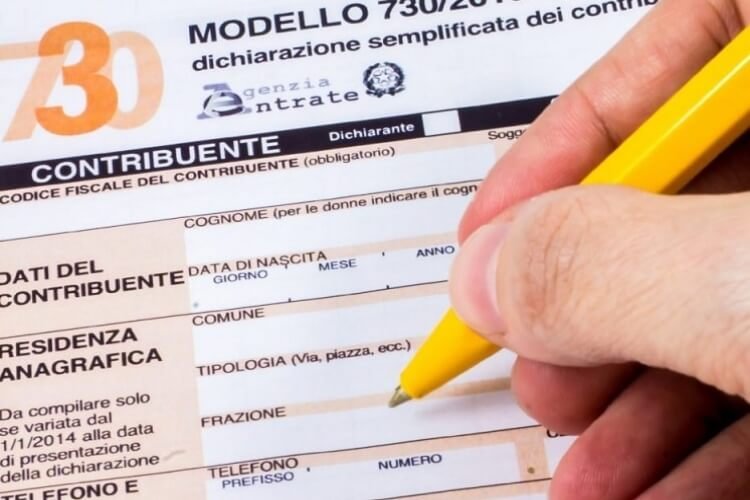Italy: crypto-currencies are subject to taxation, but it is not clear how

In Italy, the time is right for filing tax returns and the tax authority has issued a guidebook, a methodical instruction on filling in the financial statement. The innovation of the tax declaration in 2018 is that the Italian tax department equated the cryptocurrencies, first of all Bitcoin, to foreign currency, obliging the taxpayer-cryptocurrency owners, to insert them into the section "RW" - the financial assets stored abroad in foreign currency. For tax purposes, the value of Bitcoin, equivalent to the euro, is set for December 31 of the previous year.
Against the tax authorities, the Italian Accountants Association acted almost immediately as a united front, reasonably objecting that the "RW" section of the tax declaration indicates the country where the funds are located, while the cryptocurrency has no Fatherland, since it is by its nature exterritorial or subterritorial and is not linked to any country or territory. Cryptocurrencies are located in the network, in the blockchain, for which there is no the very concept of binding to the territory or the emitter.
For non-inclusion (omission) in the tax return of foreign income, administrative liability is stipulated in the amount of 3 to 15 percent of the penalties from the undeclared amount. The fine is doubled in case if the financial assets are kept in a state with a light taxation regime. Shall blockchain or web be considered such a "light"? The Italian tax authorities do not give an answer to this question ...
However, they found a foothold - a custodial wallet: if its holder is a foreign resident, a natural or legal person, then the Italian taxpayer keeps the financial assets in a specific identifiable country by a specific identifiable financial institution.
And, therefore, they are subject to taxation.